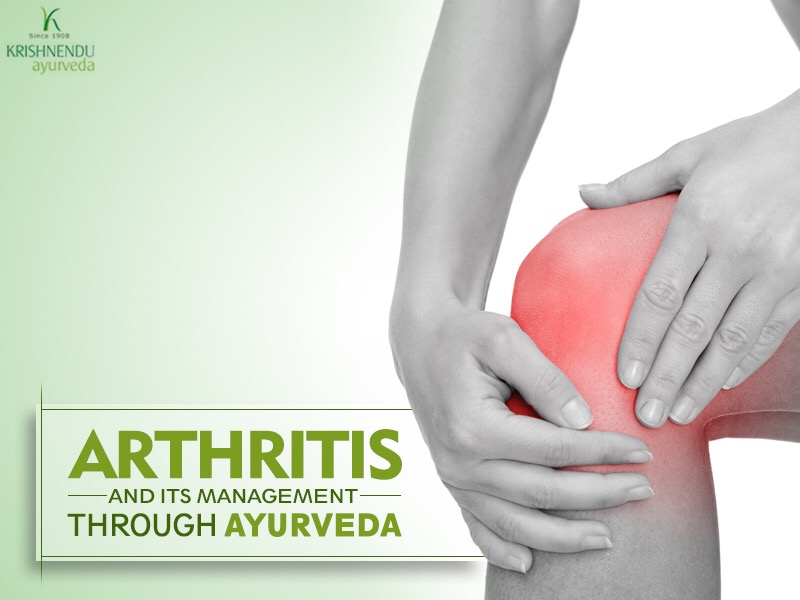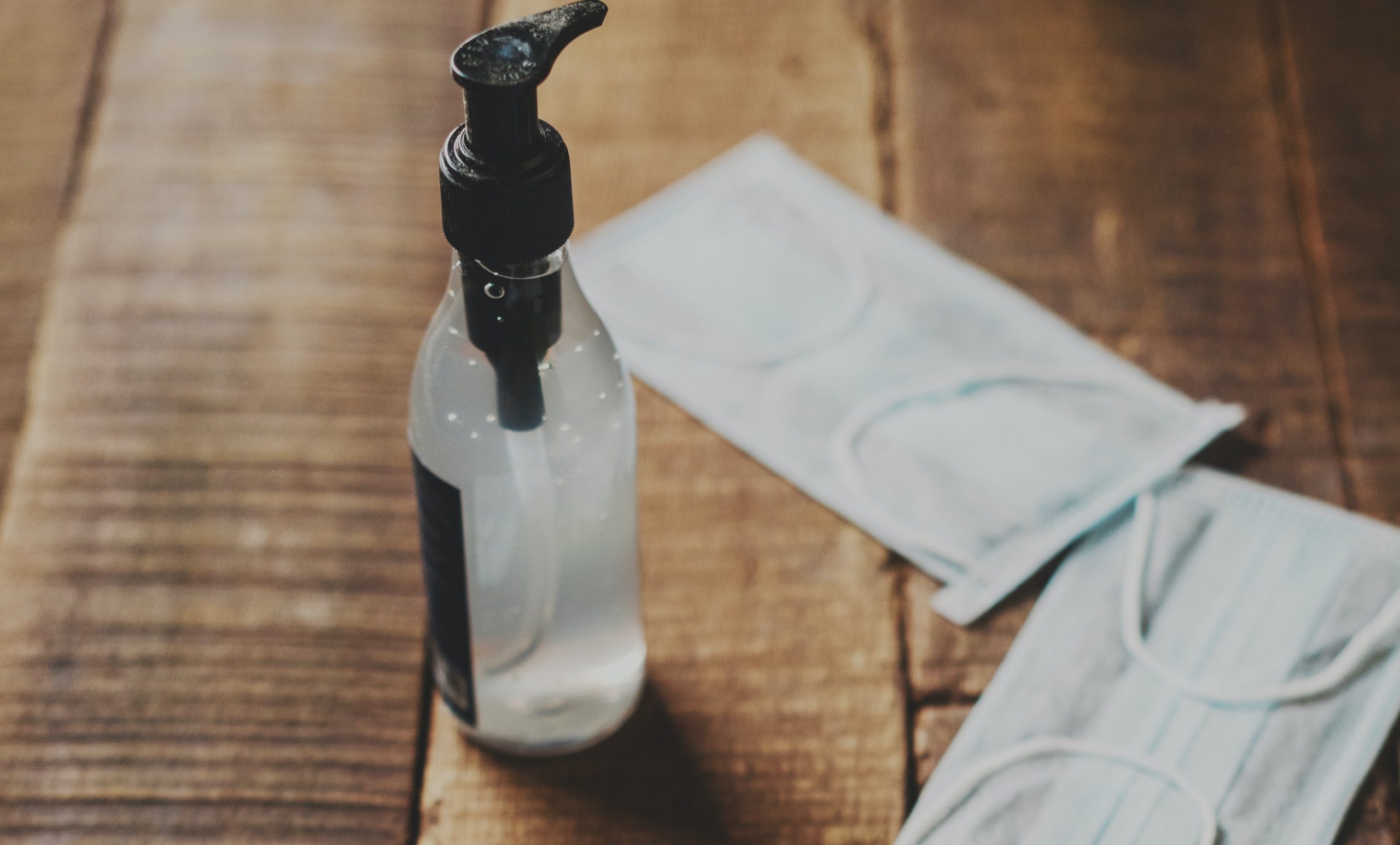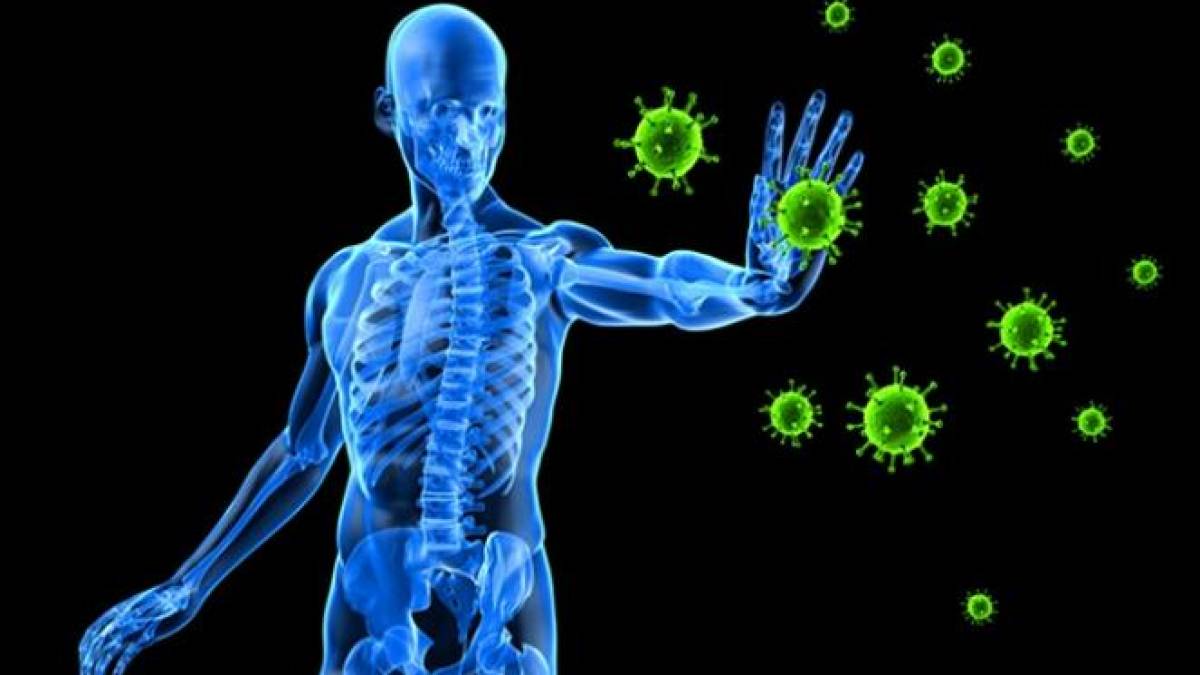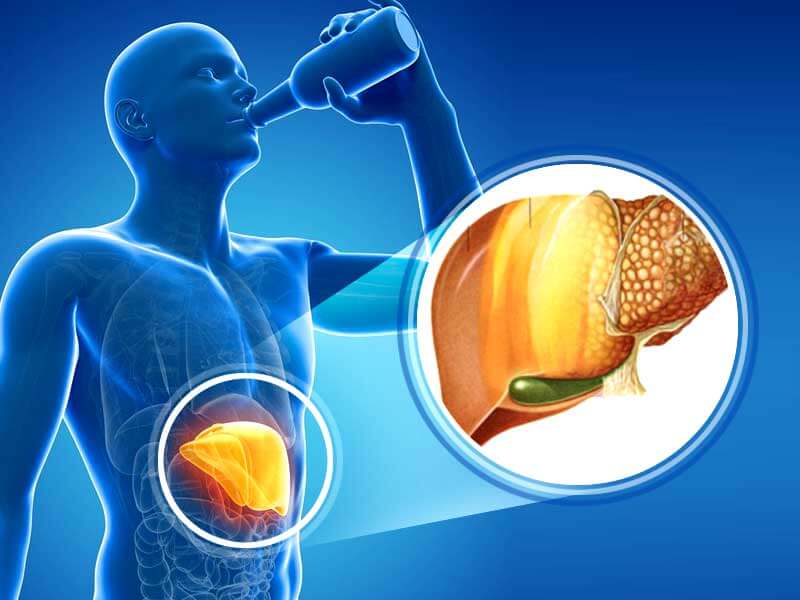Arthritis is an inflammatory disorder which causes pain, swelling and stiffness in the joints. Normal wear and tear of the joints or the formation of uric acid crystals which results in increased friction between knee joint structures are considered as the common causes of arthritis. It is a progressive disease which may worsen with advancing age. Most common forms of arthritis are osteoarthritis and rheumatoid arthritis. Osteoarthritis is caused by the breakdown of joint cartilage and underlying bone which usually occurs with age and affects fingers, knees and hips. Rheumatoid arthritis is an autoimmune disorder in which the body’s immune system attacks the joints causing swelling and pain.
Arthritis and Ayurveda
According to Ayurveda, Arthritis is primarily caused by aggravation of Vata dosha. Imbalance of vata results in improper digestive health or Agni, due to which the body produces Ama or toxins that gets circulated in the body and are eventually deposited in the weak sites of joints. This blocks the supply of essential nutrients to the joints causing deterioration and eventually resulting in inflammation, stiffness, swelling and pain.
Ayurveda defines osteoarthritis as Sandhi Vata and rheumatoid arthritis as Ama Vata. Sandhi Vata indicates swelling in joints because of presence of morbid Vata, while Ama Vata is caused by accumulation of Ama or toxins in joints that leads to chronic inflammation.
Causes of Vata aggravation
As Vata is a deciding factor in causing arthritis, it is vital to understand how Vata gets aggravated in the body and the external influences that contribute to it.
Causes of Vata aggravation include,
• Eating raw, cold, dry, bitter, astringent and pungent foods in excess.
• Eating meals at irregular intervals can hinder the digestion process that balances vata.
• A hectic lifestyle full of stress and tension will help aggravate vata and causes nervousness and anxiety.
• Staying excessively cold or dry environment is also said to cause vata imbalance.
• Lack of sound sleep and imbalance of natural sleep cycle.
• Extensive travelling that tires the body.
• Lack of sufficient rest and relaxation to the body.
Ayurvedic management of Arthritis
Ayurveda recommends balancing vata dosha through healthy diet, lifestyle changes and yoga asanas for treating arthritis. The primary concern is to strengthen Agni and to remove Ama. Ayurvedic body therapies like Pindasweda help reduce Ama and inflammation, while the rejuvenating Panchakarma therapies will remove imbalanced doshas in the body.
Here are some home remedies advised by Ayurveda to manage arthritis.
Abyanga or oil massage – An ayurvedic oil massage daily with castor oil or sesame oil is beneficial for settling Vata for joint health. The massage will stimulate the blood flow and gets rid of arthritis pain and inflammation.
Heat the oil until it is slightly warm and gently massage the painful joints with it. Cover the joint with a plastic wrap and apply warm towel to get relief from the pain.
Turmeric – Turmeric is an anti-inflammatory spice which helps reduce swelling. The anti-inflammatory properties in it is ideal for managing rheumatoid arthritis.
Add turmeric powder to a glass of warm milk and drink it daily before bed.
Cinnamon – Cinnamon helps relieve arthritis pain with its antioxidant and anti-inflammatory properties.
Add half teaspoon cinnamon powder and one tablespoon honey to a cup of warm water and drink it daily morning on an empty stomach. Applying a paste of cinnamon and honey to the painful area and massaging is also said to help with the pain.
Fenugreek – Fenugreek is excellent for restraining Ama and correcting Vata dosha. Using fenugreek seeds in food is a natural remedy for arthritis.
Grind fenugreek seeds and mix them with mustard oil. Apply this paste on joints of hands and knees for warmth and comfort.
Epsom salt – The healing properties of magnesium in Epsom salt prevents arthritis from hardening and reduces the amount of inflammation.
Mix Epsom salt in warm bath water and bath with it. Soaking in this bath water for some time is also beneficial for the body.
- Covid 19 Measures - August 21, 2020
- How to Boost your Immune System with Ayurveda? - April 1, 2020
- 10 Superfoods to keep you cool during the Summer Season - March 25, 2020






